 We wanted to get to know Laura Pennington Briggs (NAIWE’s Business of Writing Expert) better, so last month we sat down with her. Here are some thoughts she shared with us.
We wanted to get to know Laura Pennington Briggs (NAIWE’s Business of Writing Expert) better, so last month we sat down with her. Here are some thoughts she shared with us.
Do publishers favor freelancers who have agents for their nonfiction books?
Although some publishers may accept proposals for books from writers directly, this is actually quite uncommon. Agents essentially serve as gatekeepers to traditional publishers, which means that in order to get the most possible exposure for your book to publishers, it is critical to find an agent who has experience in your book’s niche. An agent shows that someone has already pre-vetted your work and believes it is appropriate for a traditional publisher.
Are there different types of agents or levels of agents for nonfiction books?
Some agents will have extensive experience at a high level and may be harder to access as a beginning author. This includes anyone who has placed New York Times bestsellers or works consistently with high-profile nonfiction authors.
However, almost all agents perform the same tasks for their clients, including evaluating book proposals and helping shape them into a compelling narrative, preparing the author for the submission process, submitting the book, and negotiating deals on behalf of their clients. It is important to find someone who believes in your work and someone who will advocate for you and handle communication. Since you are giving up a portion of your advance and book royalties to an agent, you want someone who is going to take some of the pressure off of you and get you the best possible deal at the best publisher.
Is it a best practice to have a backup agent?
It’s important to realize that when you sign a contract with an agent to place a particular book, you are obligated to work with that agent. This is why it is so important to thoroughly vet and query agents who you believe to be a good fit for your work and to communicate with them before signing any contract.
You cannot have multiple contracts with numerous agents trying to place the same book. And this would reflect very poorly on you if someone discovered it. It is far better to query your book to all prospective agents at the same time and then have conversations with the interested agents to decide on the right fit for you.
That being said, it is a good idea to have a short list of agents as some agents will never get back to you, some will decline the opportunity to work with you, and you may have multiple agents interested in your work at which point you could narrow down your list more closely. Bear in mind that many nonfiction agents only take on between one and three authors per year. So the effort you put into your book proposal and your query submission are critical for success.
——————
Interested in traditional publishing for nonfiction? Getting an agent to represent you may help you get the best offers and consideration from top publishers. Discover the most important tips for writing a book proposal, how to create an agent shortlist how to note and keep track of agent requests, what to ask when meeting with agents, and more. You’ll be prepared to start your query prep process!
You can join in this conversation on March 20 at 2:00 pm eastern, when NAIWE will host a discussion on working with agents. The cost for NAIWE members is only $10! Nonmembers can join for $30. Register today!
Laura Pennington Briggs is the founder and CEO of the Freelance Coach. A two-time TEDx speaker on how freelancing is changing the economy and the host of the weekly Advanced Freelancing podcast, Laura has helped over 15,000 freelancers start and scale their businesses. She’s an expert on systems, project and client management, marketing a solopreneur business, delegating to team members, retainers, and developing multiple income streams for writers of all stripes. Laura is the author of five books, including the Six Figure Freelancer, How to Start Your Own Freelance Writing Business, and award-winning Remote Work for Military Spouses. She’s also the founder of Operation Freelance, a national nonprofit providing free entrepreneurship training to military spouses worldwide.

 Writing Challenge Day 5
Writing Challenge Day 5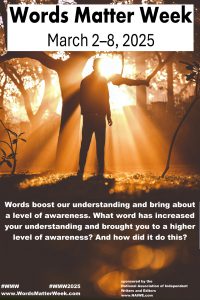 Writing Challenge Day 4
Writing Challenge Day 4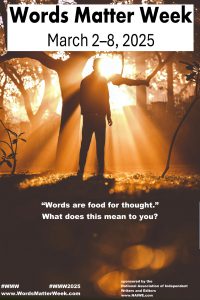 Writing Challenge Day 3
Writing Challenge Day 3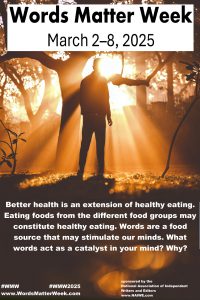 Writing Challenge Day 2
Writing Challenge Day 2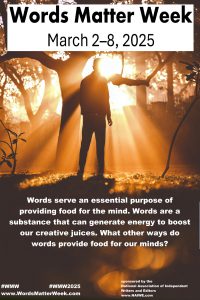 Writing Challenge Day 1
Writing Challenge Day 1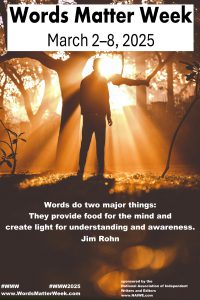 Words Matter Week, which is in its 17th year, is a holiday that is celebrated annually the first full week in March, and the National Association of Independent Writers and Editors delights in honoring its essence.
Words Matter Week, which is in its 17th year, is a holiday that is celebrated annually the first full week in March, and the National Association of Independent Writers and Editors delights in honoring its essence.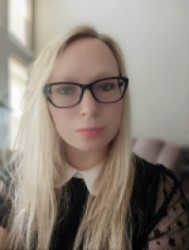 We wanted to get to know Jennia D’Lima (
We wanted to get to know Jennia D’Lima (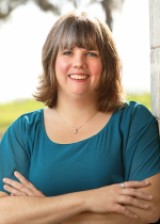 We wanted to get to know Karin Beery (
We wanted to get to know Karin Beery (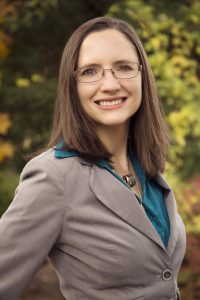 We wanted to get to know Rachel Bradley (
We wanted to get to know Rachel Bradley (